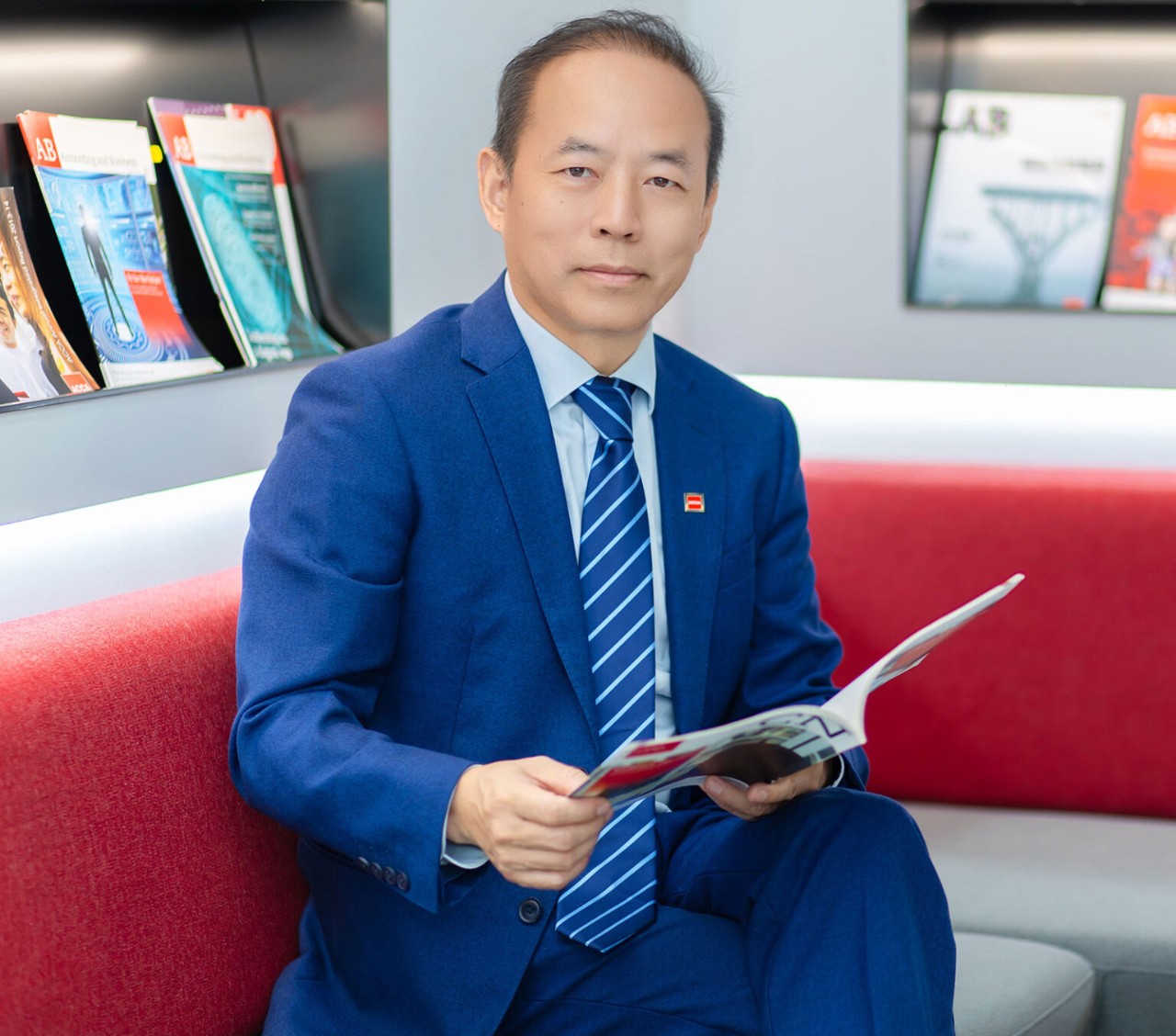
Faced with one of the fastest-ageing and longest-living populations in the world, the Hong Kong SAR government is introducing measures to tap into its growing consumer class of senior citizens – the so-called ‘silver’ economy.
The population is ageing fast. According to the Hong Kong Census and Statistics Department, the number of Hongkongers aged 65 or above is expected to increase from 1.64 million (23% of the population) in 2023 to 2.67 million (35% of the population) in 2043.
While the resulting fall in the working population ratio is a concern, a cohort of healthier and financially sound senior citizens with far-reaching purchasing power could help to offset some of the financial burdens associated with an ageing demographic. According to a government-steered working group rolled out to drive silver economy consumption, the spending power of Hong Kong citizens aged 60 or above amounted to HK$342bn (US$43.8bn) in 2024, with the figure predicted to increase to HK$496bn in 2034.
Motivators
Reflecting the growing recognition of the silver demographic as a potential driver of growth, the Working Group on Promoting the Silver Economy has proposed a range of leisure, recreation, home and personal care measures to appeal to the ‘favourable financial conditions and purchasing power’ of senior citizens.
If the silver economy grew 5% a year, it would boost demand by HK$17bn
For instance, to motivate elderly people to optimise their financial resources, the retail sector is being urged to offer discounts tailored to older customers. Meanwhile, a ‘Friends & Flavours’ drive aims to get restaurants to offer dishes with easy to chew ingredients served in smaller portions and with lower salt and sugar levels – the equivalent of ‘children’s meals’ at the other end of the age spectrum.
While the government has not set performance goals, it is targeting the needs and preferences of elderly individuals. A government minister familiar with the project says the results could be ‘quite substantial’ if the silver economy spend increased by 5% a year, which would represent a demand hike of HK$17bn in the first year.
Silvertech
With technology expected to play a pivotal role in developing the silver economy landscape, tech businesses are being encouraged to develop digital tools that address the needs of the older generation in areas including financial management, healthcare, lifestyle and digital literacy.
There are different shades of silver consumption dynamics
At the same time, tech companies are being reminded there are different shades of silver consumption dynamics. To avoid missed opportunities, developers of gerontechnology (tech that improves the lives of older people) need to consider adapting or inventing products and services designed for those in their sixties or seventies so that they meet the different needs, interests and expectations of people in their eighties or nineties.
Back to work
Hong Kong’s strategy to tap the multibillion-dollar silver economy also includes boosting productivity by encouraging senior citizens to remain in or re-enter the workforce. While different industries and professions tend to set their own retirement age, usually 60 or 65, Hong Kong does not have a statutory retirement age or laws that mandate the re-employment of older people. To incentivise more seniors to continue working or come back to the job market, employment support, training and elderly-friendly workplace policies are being promoted.
As well as being a welcome solution to Hong Kong’s ongoing talent shortage, the initiatives aim to leverage the experience and expertise of seniors. They also provide them with opportunities to break new ground, explore new sectors and develop new skills capabilities during a time of change.


